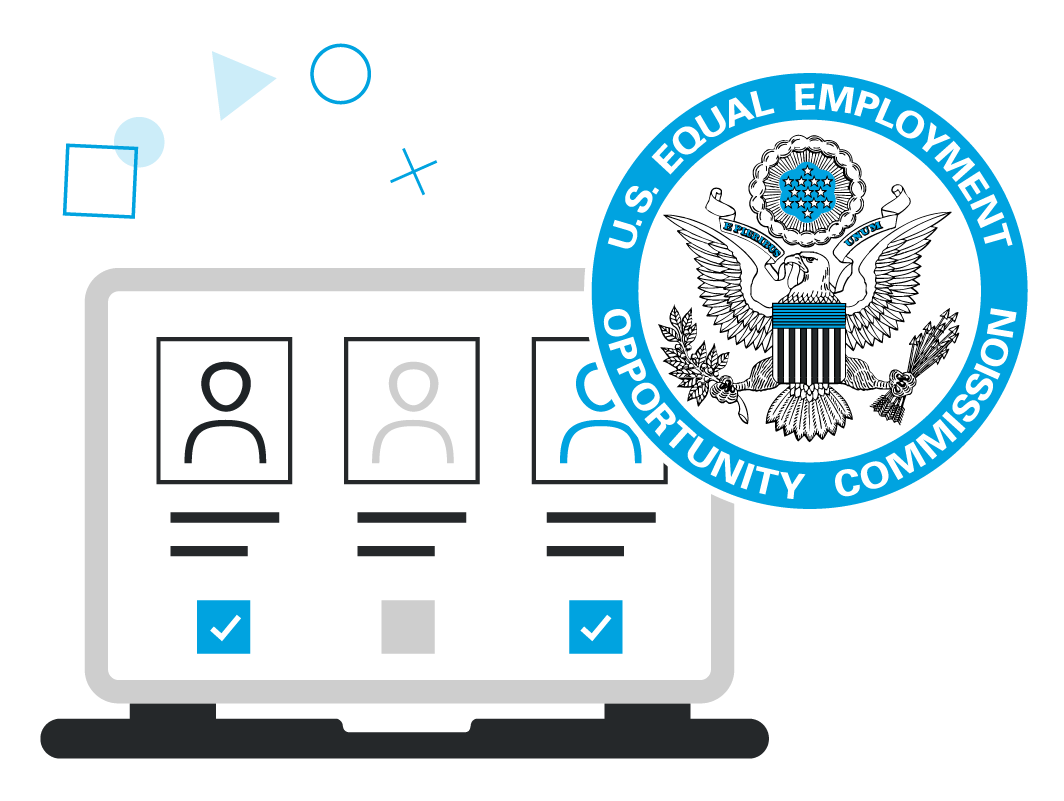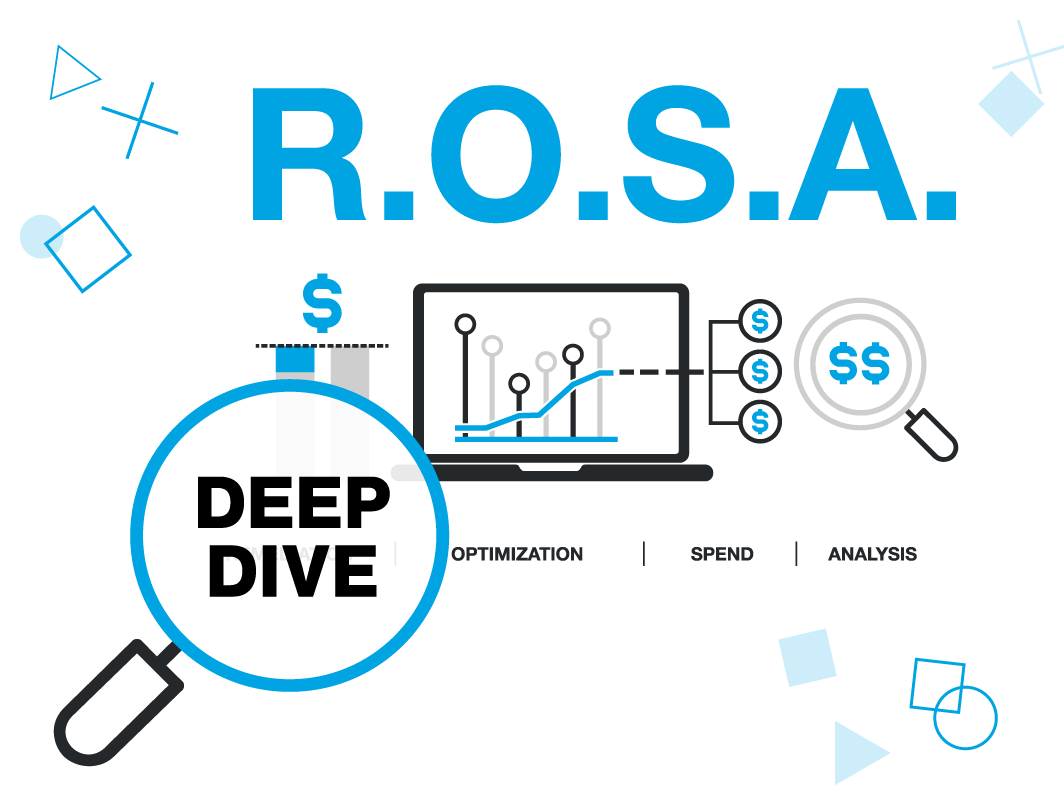
3 minute read
Why should achieving pay equity be such a high priority for employers? For one thing, it’s simply good for business. As quoted by the Society for Human Resources Management (SHRM), attorney Cheryl Pinarchick (with Fisher Phillips in Boston) stated, “By ensuring employees are paid equitably, employers can increase efficiency, creativity, and productivity by helping to attract the best employees, reduce turnover, and increase commitment to the organization.”
SHRM also notes that, to an ever-increasing degree, it’s the law. These four federal statutes ban discrimination in pay:
- The Equal Pay Act of 1963 (EPA)
- Title VII of the 1964 Civil Rights Act
- The Age Discrimination in Employment Act (ADEA)
- The Americans with Disabilities Act (ADA)
What’s more, the Lilly Ledbetter Fair Pay Act of 2009 extends the statute of limitations for pay discrimination claims and Executive Order 11246 prohibits pay discrimination by federal contractors. And it’s not just federal law: Many states, cities, and other political subdivisions have enacted laws prohibiting discrimination in employment based on a wide variety of protected categories. This includes the expansion of greater protections than what is protected under federal law. What’s more, a large number of states and local jurisdictions have put salary bans in place to prohibit employers from asking job candidates about their salary history to avoid perpetuating existing pay discrimination.
Pay equity audits provide “essential insights”
The Harvard Business Review points out that “Pay equity regulation and compliance efforts have been steadily growing across Europe and Canada ... a sign of what may be ahead for U.S. businesses. This new reality highlights the important role pay equity audits will play as a tool to address increasingly stringent pay equity regulation.”
HBR points out that a “growing tapestry of federal, state, and local regulations will pose challenges to organizations as they are required to address gender and ethnic/racial pay gaps in the U.S.” To achieve compliance with these regulations, U.S. employers should increase their use of pay equity audits … and do so right away.
However, SHRM states that employers should seek expert guidance with regard to pay equity laws. HBR agrees, saying some “employers who have started taking a closer look at their pay practices may want to assess whether those efforts are sufficient. Many companies believe they are conducting [pay equity audits], but most are falling short both in the rigor of their analyses and in their ability to clean and consolidate their data sufficiently to ensure accurate results.” HBR concludes that a pay equity audit should produce “essential insights: not only what’s wrong, but actionable strategies for getting things right.”
Starting at the beginning
The first step in creating a more fair and inclusive workplace (and achieving pay equity compliance) is actually not a pay equity audit; rather, it’s to conduct a pay gap risk assessment. After compiling and analyzing workforce data from disjointed platforms, a pay equity expert can provide a clear picture of apparent pay gaps between groups, at every tier of an organization. When apparent pay gaps do exist, the next step to take is, yes, a pay equity audit, which can ultimately identify any actual (and often reduced) pay disparities.
Pay equity audits, defined
HBR states that a pay equity audit “involves comparing the pay of employees doing ‘like for like’ work in an organization (accounting for reasonable differentials, such as work experience, credentials, and job performance), and investigating the causes of any pay differences that cannot be justified.”
They add that “larger employers hire consulting firms that specialize in pay and rewards,” noting that the data required for a pay equity audit includes “each employee’s length of service, job classification, and demographic information, including gender, race, and age.” So there are clear benefits to choosing a consulting firm with data/technology/regulatory expertise: “Accessing this data may require a substantial clean-up effort, depending on the complexity and quality of HR record-keeping systems.”
What’s required for an effective pay equity audit
Your pay equity audit consultant should be able to move beyond raw, disorganized data to perform advanced analytics and provide customized guidance and expertise, with demonstrated experience in:
Data wrangling and prepping. The consultant should be able to compile, clean, and assess data from both structured and unstructured sources.
Workforce analytics. The consultant should have extensive experience working with workforce data and statistical modeling software, which will allow them to identify pay inequities, as well as create forward-looking strategies for remediation.
Regulatory expertise. The consultant should help employers meet the regulatory requirements of equal pay for equal work, and to guide them in sustaining more diverse, inclusive, and equitable workplaces.
Ultimately, a pay equity audit expert should support authentic change, improving the quality of an employer’s workplace, as well as protecting (and even boosting) the employer’s bottom line.



